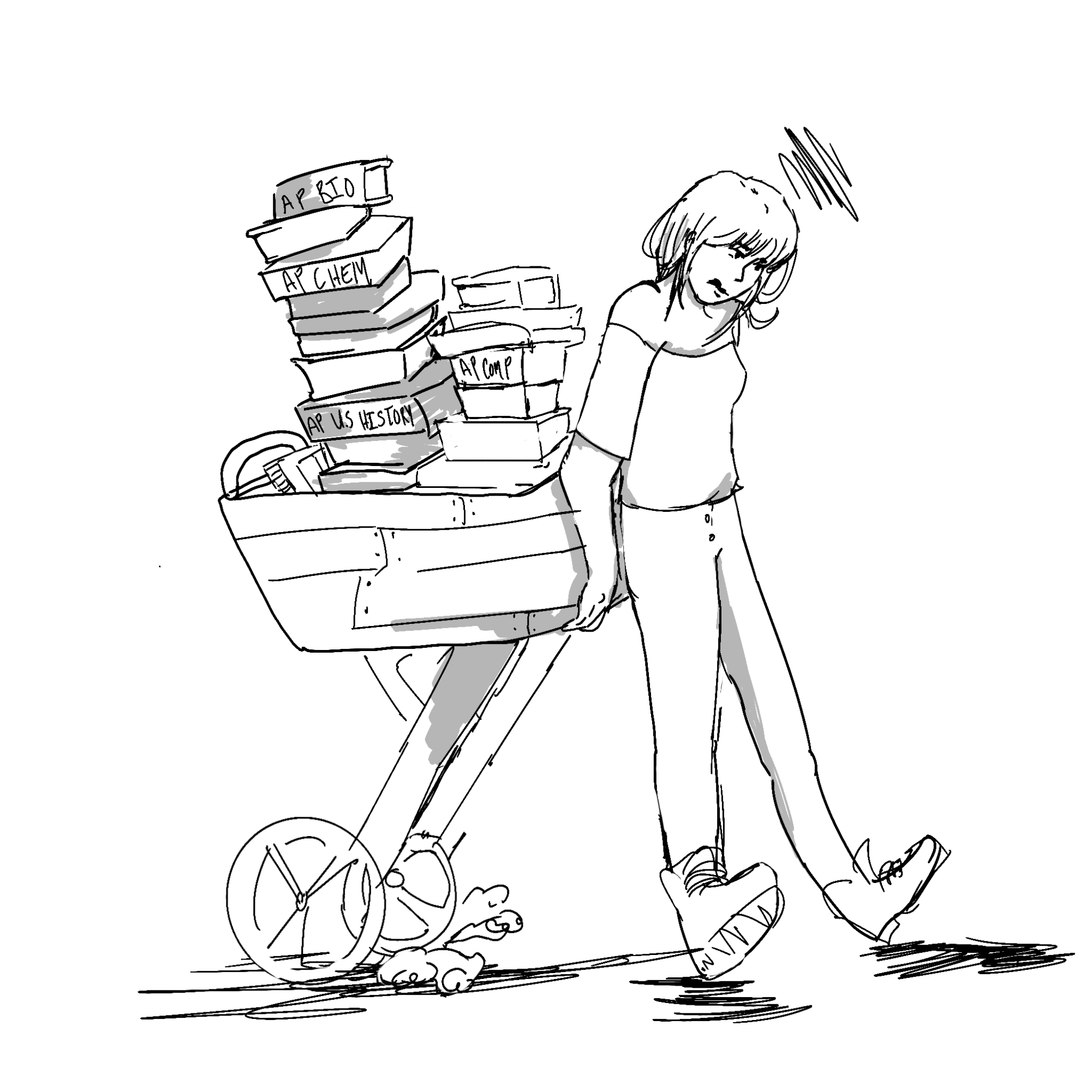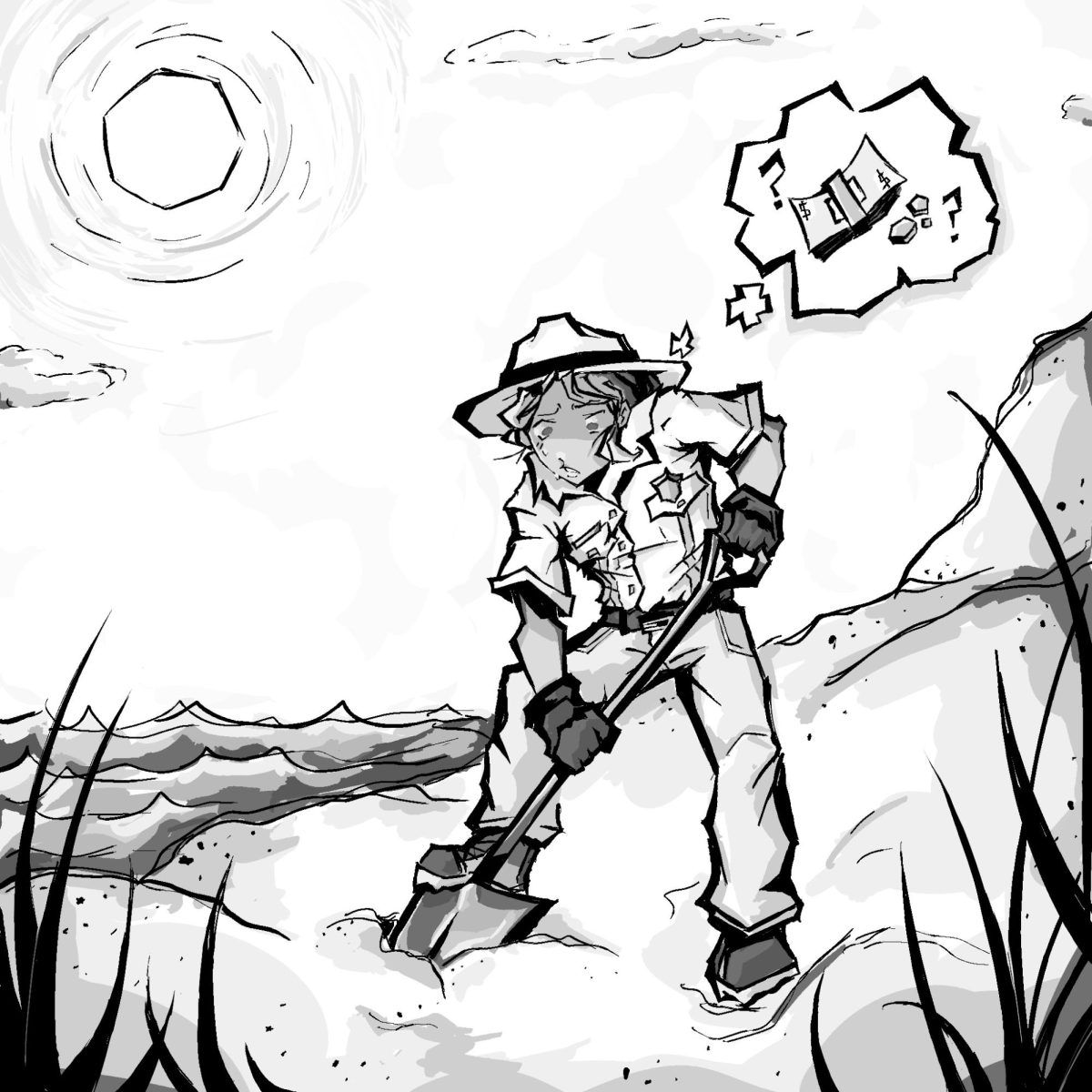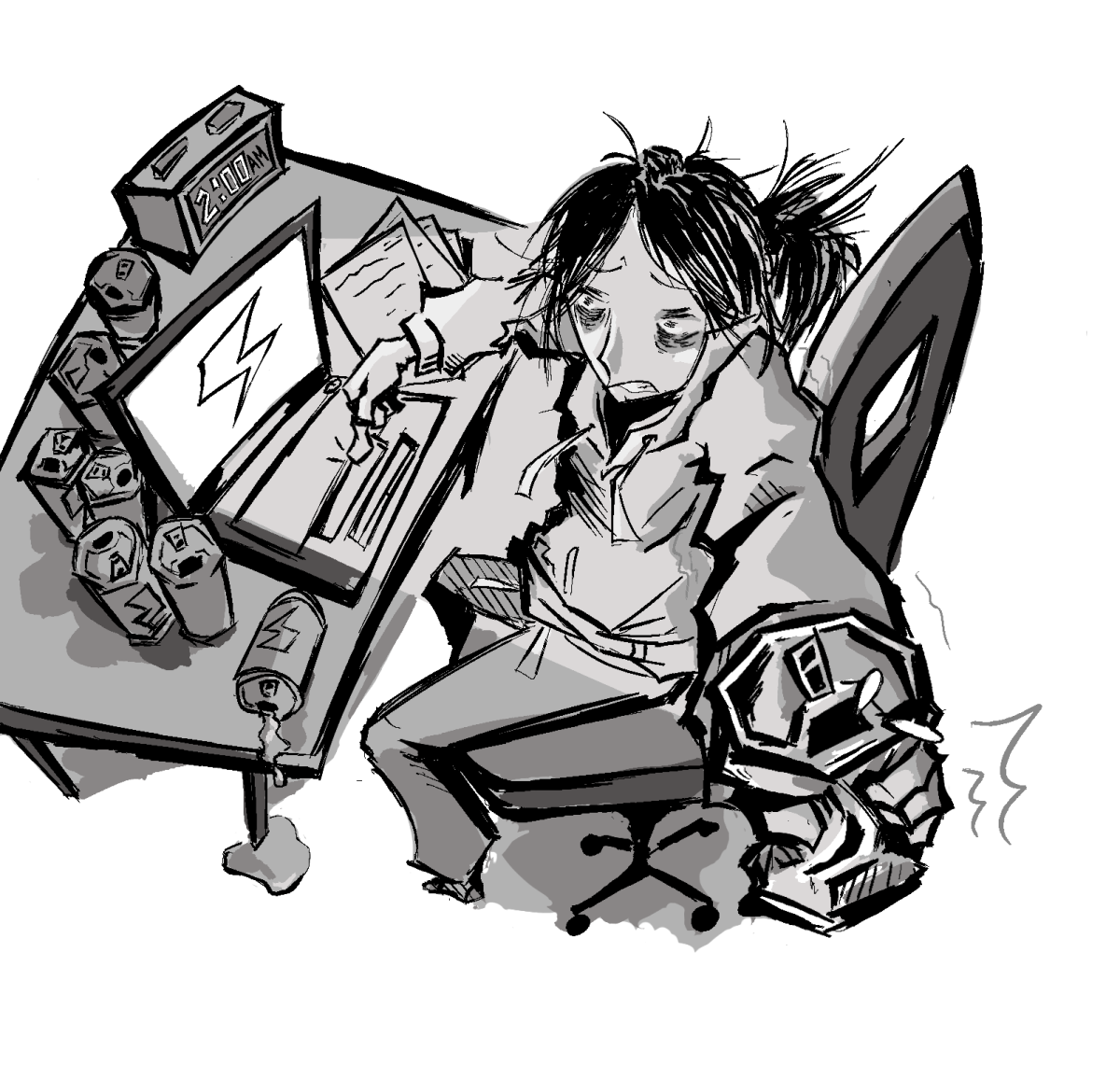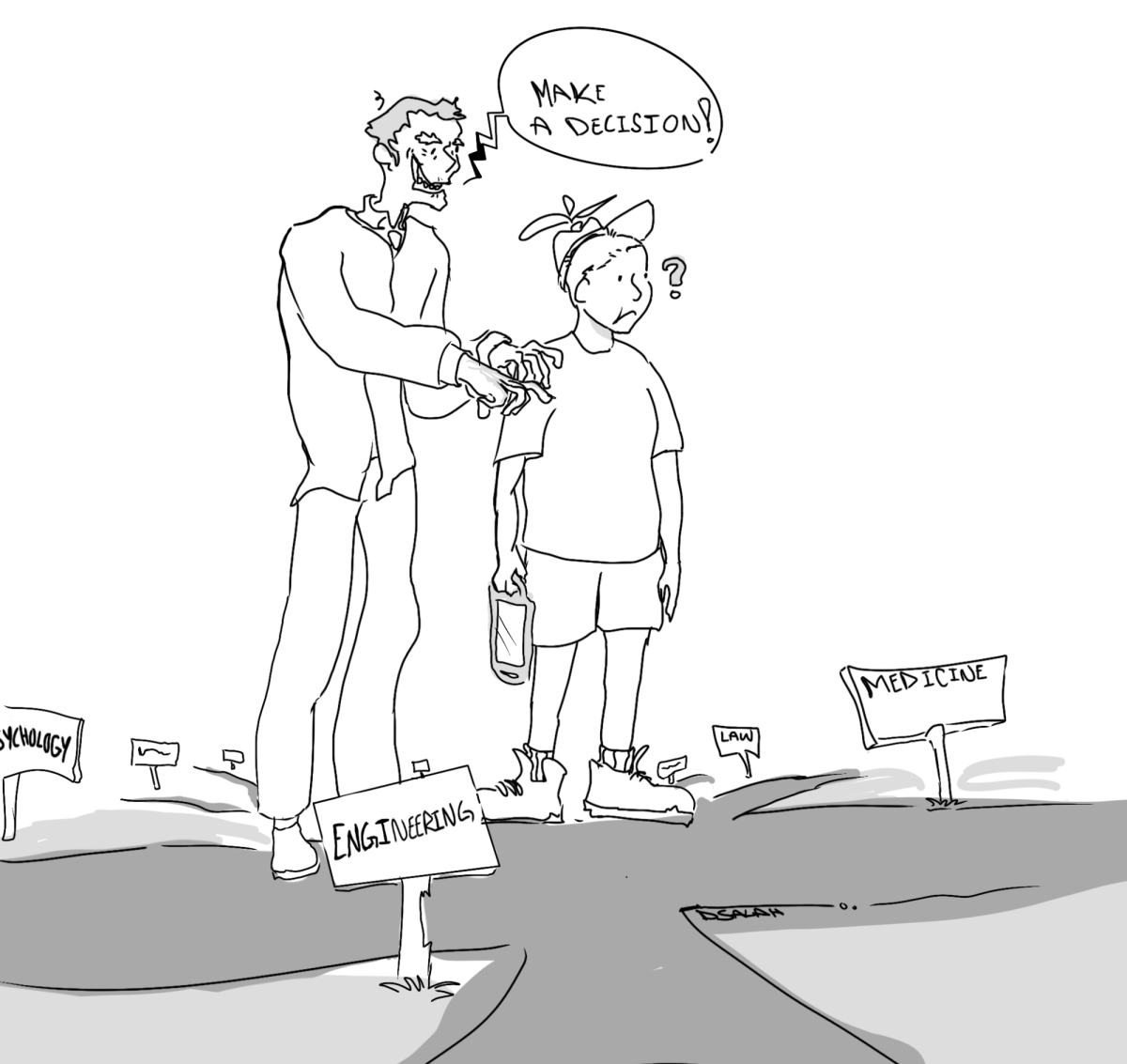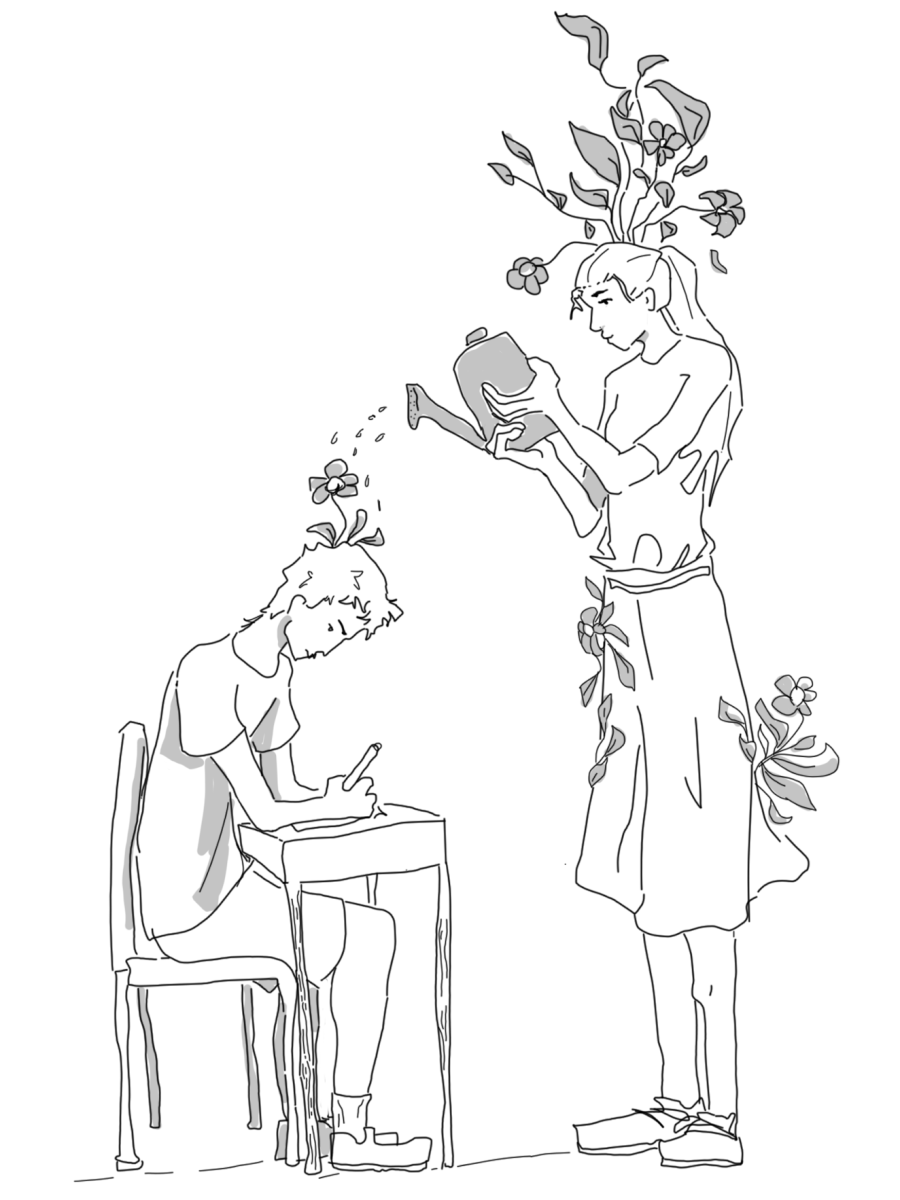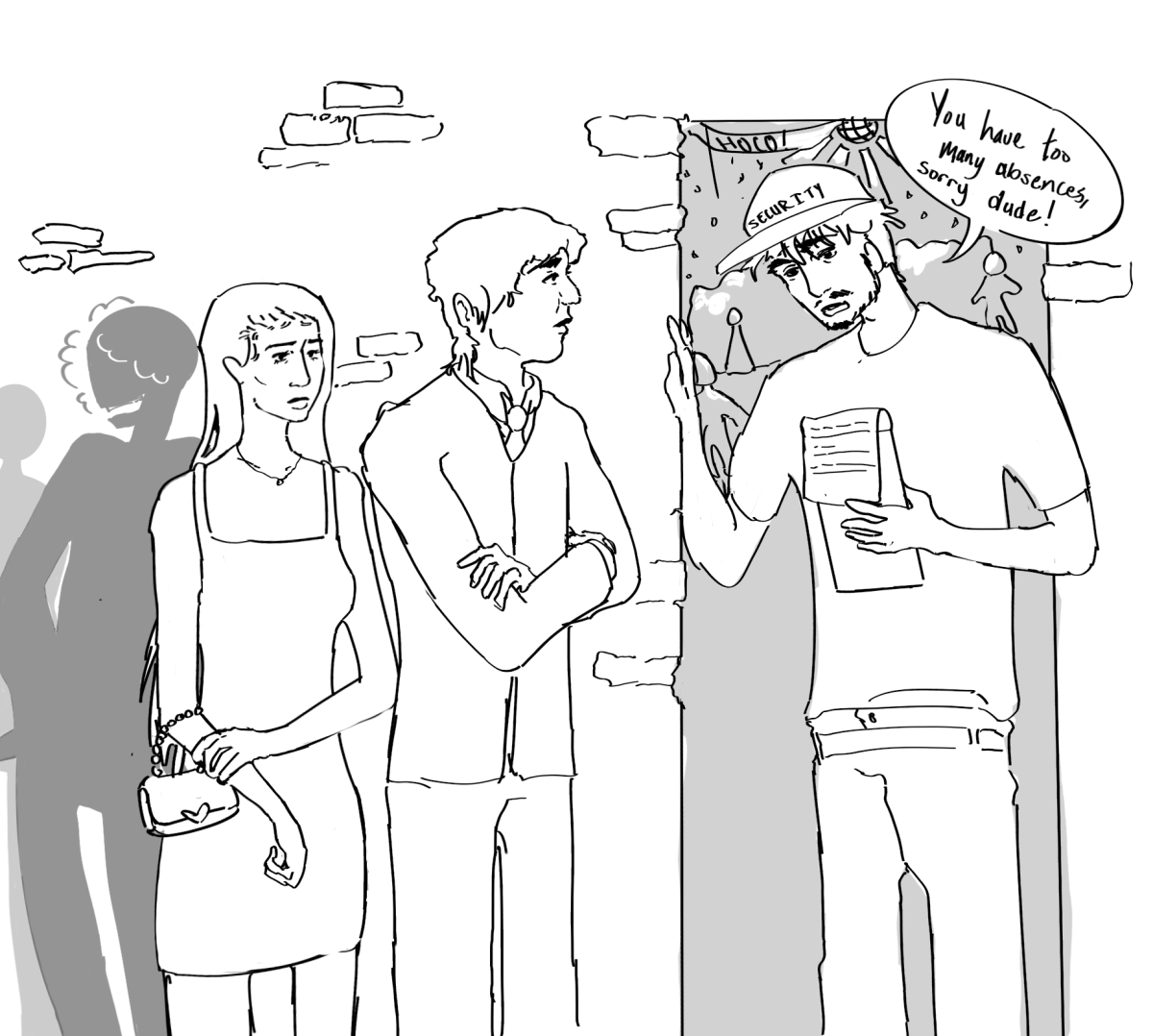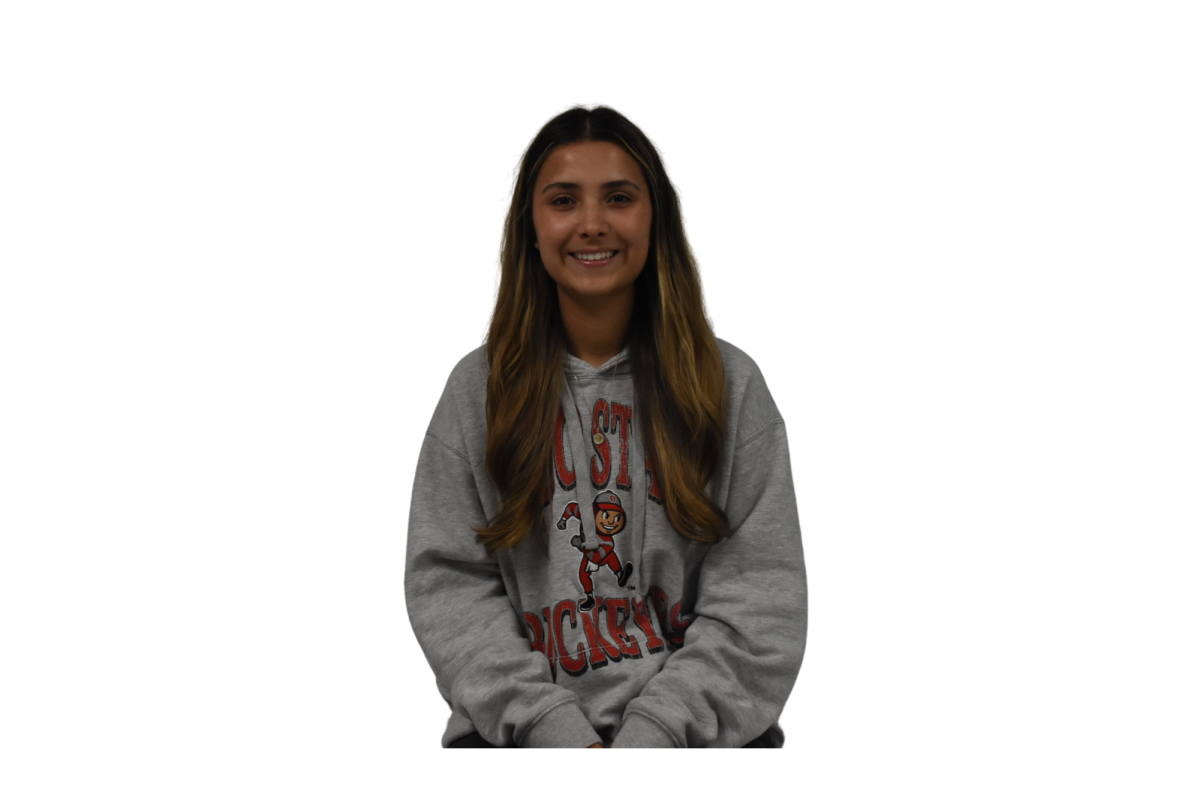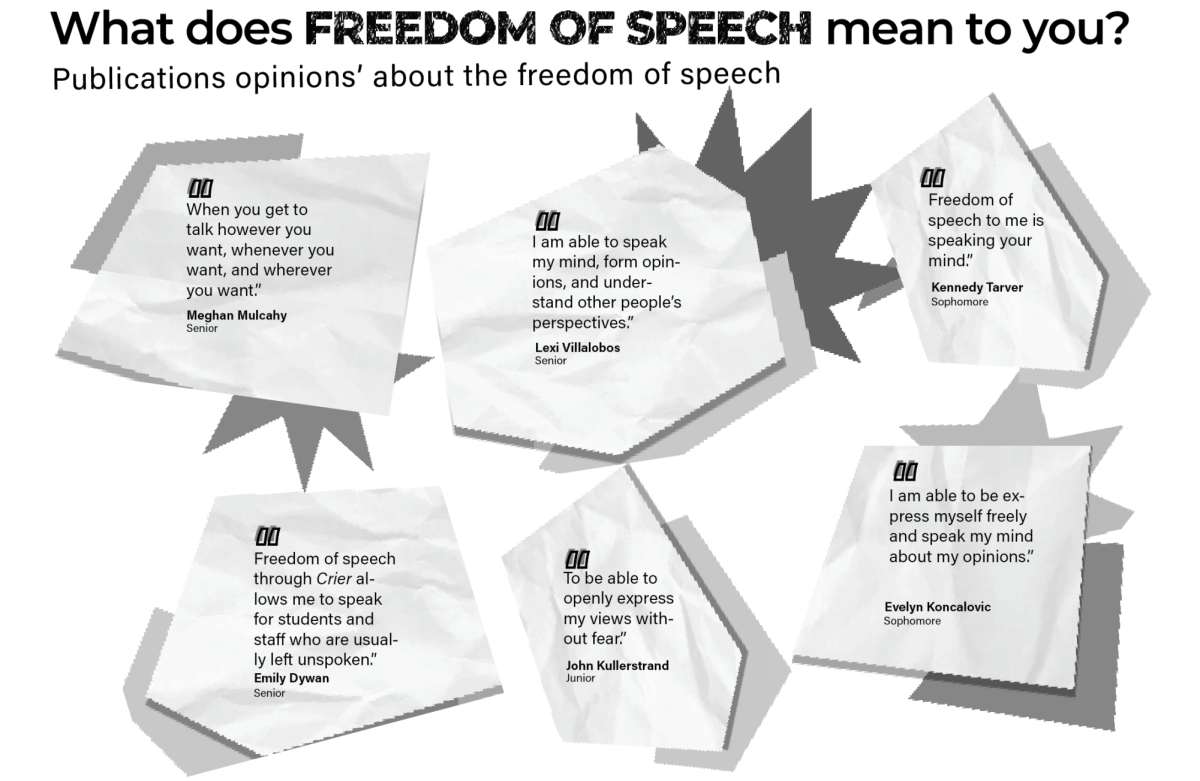AP classes are a way for students to take college level classes to challenge themselves academically and potentially save time and money in the future—but MHS academic culture has altered the meaning.
It’s not uncommon to walk in the halls and pick up complaints about an A- not being an A, whispers of SAT and AP exam scores or someone attempting to convince a peer that their score on a test isn’t as bad as they think—just to reveal that they scored higher.
But the competitive environment does not stem from a factor within the school environment or pressure from teachers—it comes from the students themselves.
Although many students may be influenced by their parents when it comes to the standards they hold themselves to, these thoughts seep into the minds of others and spread throughout the school. What used to be considered overachieving slowly became a baseline for success, but that isn’t applicable to every student. The goal of education at MHS, proven by the introduction of pre-AP classes, centers around equitable learning for every student. Not every student has the same goals, so students shouldn’t make it harder on themselves by creating and enforcing these inequitable standards.
Allowing these ideals to take control creates an environment where students are afraid to ask for help out of fear of judgment. This counterintuitive behavior of students putting unnecessary pressure on others while the others struggle as a result, may seem silly and unreasonable from an outside perspective. But, students feed off of each other’s energy when it comes to academic expectations, which creates this cycle.
Peer pressure to excel is great to encourage students to strive for their best, but when it becomes demeaning, it creates a negative impact.
If students focused on their own learning experience and path to success, then there would be significantly less judgment at MHS when it comes to academics. Finding what works best individually when it comes to the balance of difficult classes, extracurricular choices and future planning is more useful than worrying about what other student’s are doing in comparison.
Our take:
Students should be more accepting of others’ learning goals and needs.



